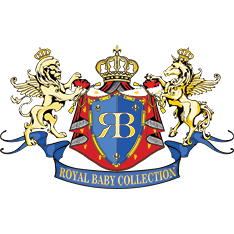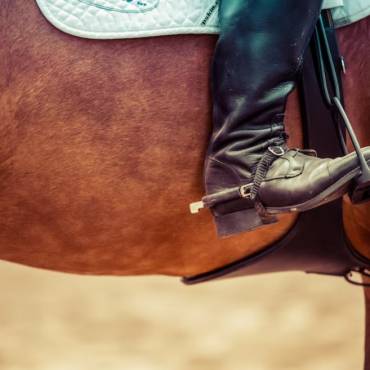You’ll never hear your horse fretting, “Does this saddle pad make me look fat?” But it serves him well if you keep on eye on his figure for him. Fluctuations in weight are generally related to feed intake, but sudden or extreme changes in condition can signal serious disease.
Certainly, you can “eyeball” your horse’s condition and, if you have access to one, you can use a livestock scale to keep absolutely reliable track of his weight. Between these two extremes of weight-watching techniques, you can get an accurate reading by using the following tape-measure-based formula, developed by Australian equine nutritionists:
body weight (in kilograms) = [girth circumference squared (in centimeters) x body length (in centimeters)] / 11,877
Here’s how it works: Measure the horse’s girth circumference just behind the elbows and withers at the narrowest part of the trunk. Measure body length from the center of the front of the chest, straight back along the horse’s side to the center of the tailbone. To convert inches to centimeters, multiply by 2.54; to convert kilograms to pounds multiply by 2.2.
An example: For a horse with a girth of 75 inches (190.5 centimeters) and body length of 80 inches (203.2 inches), the calculations would be 190.5 squared, multiplied by 203.2, and then divided by 11,877. The calculated body weight of 621 kilograms converts to 1,366 pounds.
Using this formula, you can monitor your horse’s condition over time simply by taking his girth measurement and recalculating the weight whenever the measurement changes (a mature horse’s length should remain constant, although a substantial weight loss or gain will affect it as well). For best results, be absolutely consistent in your measuring technique, placing the tape measure at the same spot and holding it with the same tension each time you assess your horse. Weight fluctuations of 5 percent or less are usually the result of minor dietary changes, while greater gains or losses are good reason to examine your horse’s health and management to be sure he’s receiving optimum nutrition and is free of stress, illness or other debilitating conditions.
Original article: Weighing Your Horse Without a Scale (equusmagazine.com)
www.royalequestriancollection.com – check our website to purchase and enjoy our products for your horses and you.





Add Comment